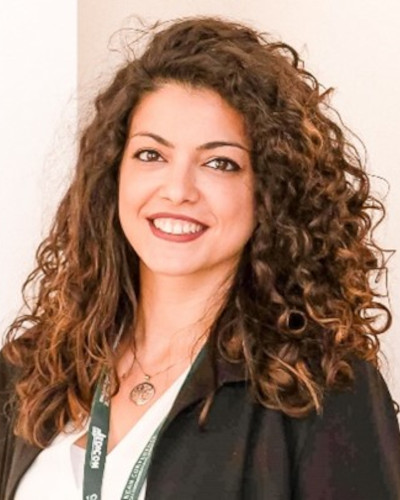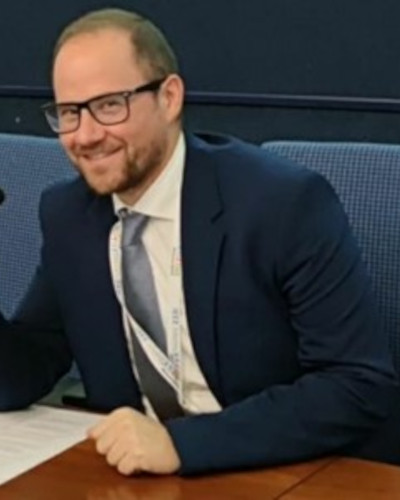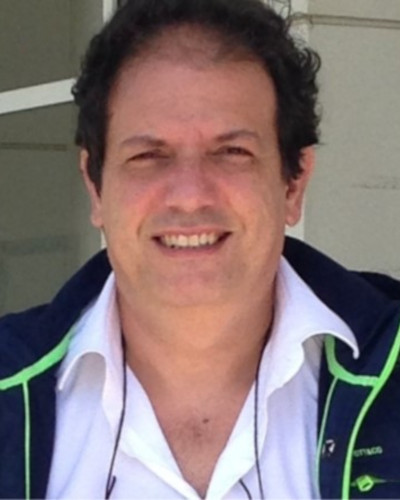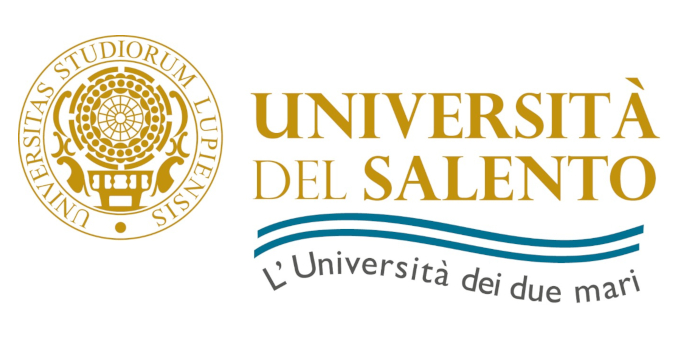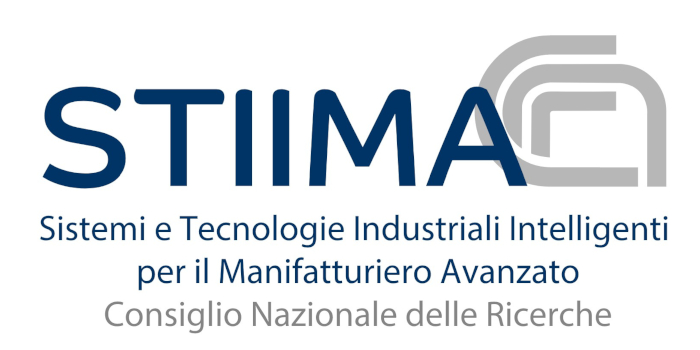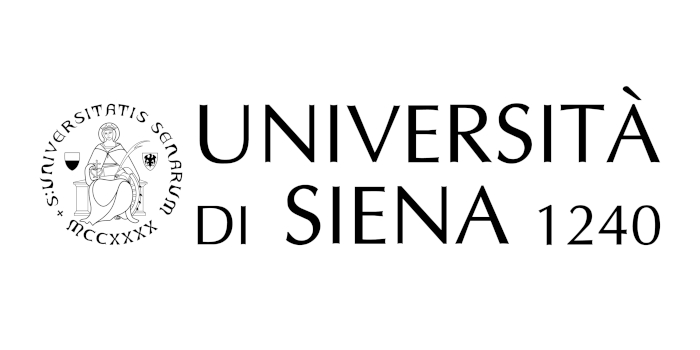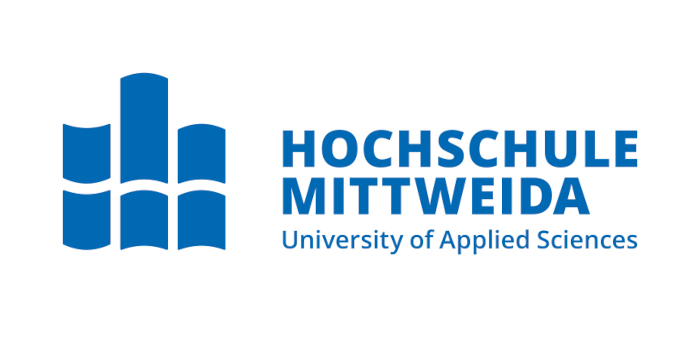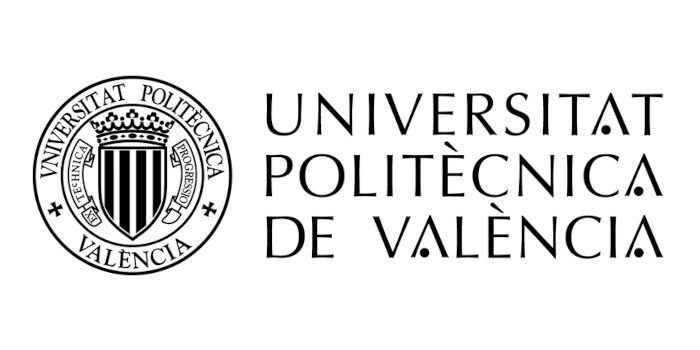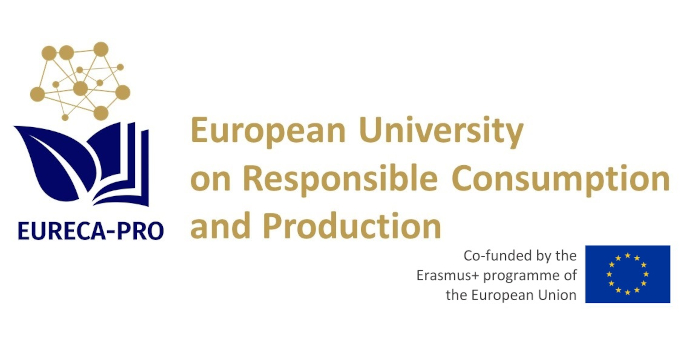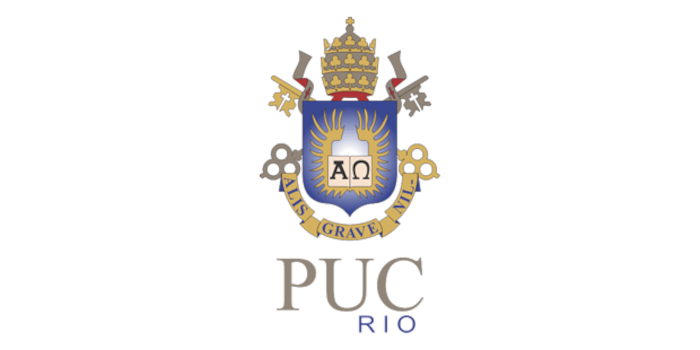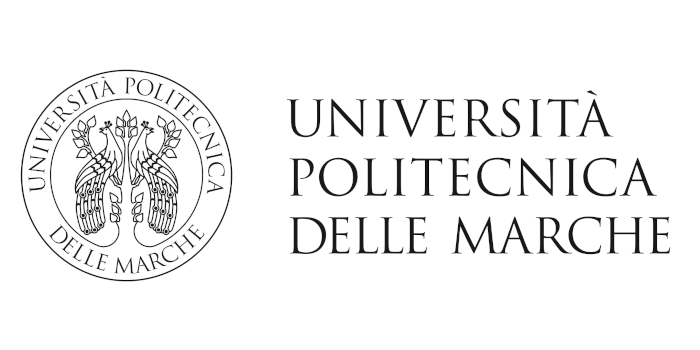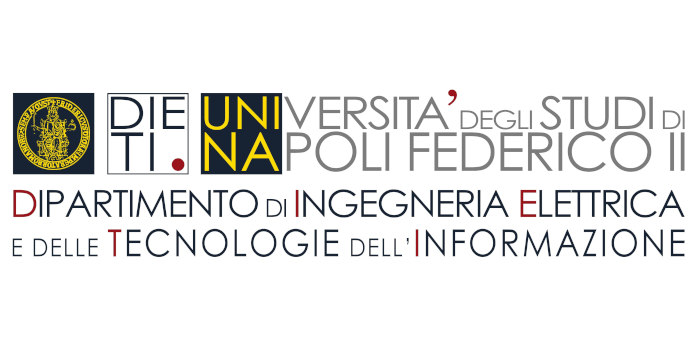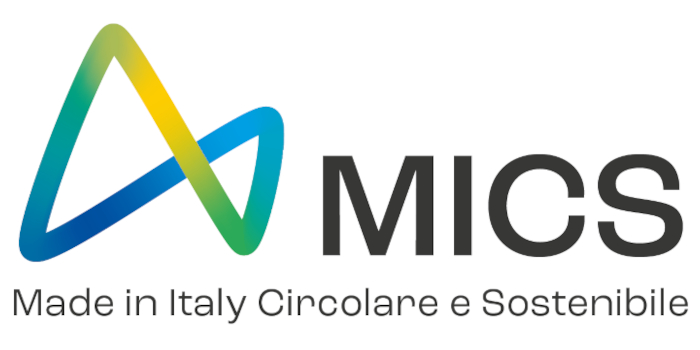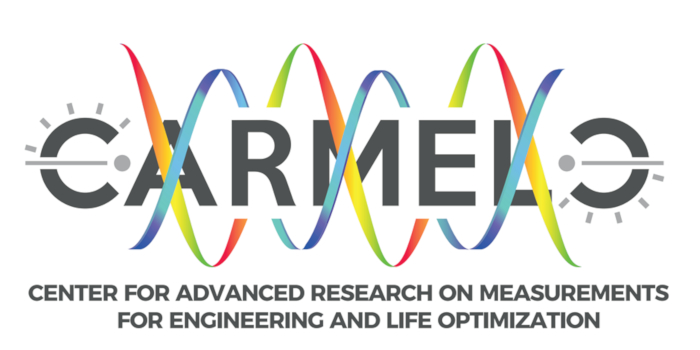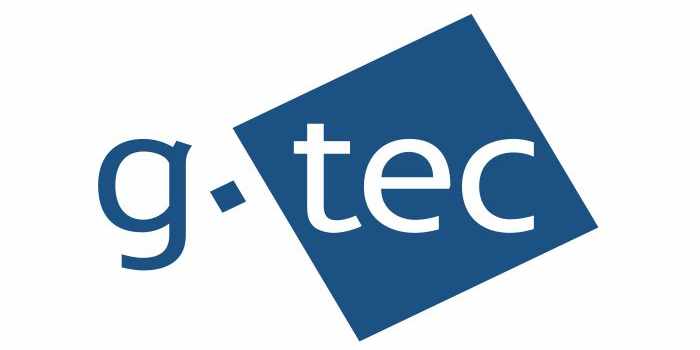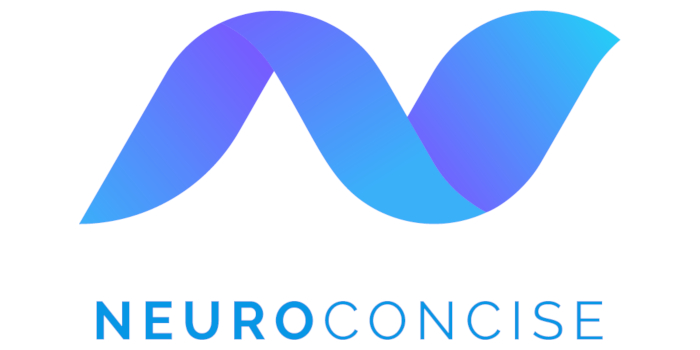SPECIAL SESSION #10
Integrated, multimodal, and multiscale approaches to explore the human brain and neuromuscular system
ORGANIZED BY
Maria Agnese Pirozzi
Department of Advanced Medical and Surgical Sciences, University of Campania Luigi Vanvitelli, Naples, Italy
Leandro Donisi
Department of Advanced Medical and Surgical Sciences, University of Campania Luigi Vanvitelli, Naples, Italy
Fabrizio Esposito
Department of Advanced Medical and Surgical Sciences, University of Campania Luigi Vanvitelli, Naples, Italy
Francesco Amato
Department of Information Technology and Electrical Engineering, University of Naples Federico II, Naples, Italy
ABSTRACT
The study of the nervous system has always been a challenging topic for neuroscientific research, given the extraordinary complexity, the vast range of sensory, motor, and cognitive functions, as well as the interconnection with other human body systems.
To date, integrated, multiscale, and multimodal approaches, which combine different investigation technologies, such as structural, quantitative, functional, diffusion and perfusion MRI, electrical and magnetic recording (EEG, MEG), or non-invasive brain stimulation (TMS), as well as the different methodologies of data analysis and artificial intelligence, are crucial to obtain a more complete and accurate description of the neural dynamics involved in cognitive and motor processes, both in normal and pathophysiological conditions. Moreover, the study of the peripheral nervous system (neuromuscular system) can provide further insights into the knowledge of the human brain and its connections with the musculoskeletal system. Therefore, in such a scenario gait analysis and electromyography (EMG) can help doctors and neuroscientists get an even broader view of how the brain works.
TOPICS
The list of the topics of interest includes (but it is not limited to):
- Bioinformatics;
- Brain connectivity;
- Brain MRI;
- Electroencephalography;
- Electromyography;
- Magnetoencephalography;
- Movement Analysis;
- Neural Engineering;
- Neural Networks;
- Neuroegonomics;
- Neuroimaging;
- NeuroRadiomics;
- Neuroscience;
- Posturography;
- Rehabilitation engineering;
- Transcranial Magnetic Stimulation.
ABOUT THE ORGANIZERS
Maria Agnese Pirozzi, is a Post-Doc Researcher at the University of Campania “Luigi Vanvitelli”. She obtained her Master’s Degree in Biomedical Engineering cum laude and her PhD in Information Technology and Electrical Engineering at the University of Naples “Federico II”.
Her main research interests lie in the field of biomedical data, signal, and image processing, with a focus on neuroimaging and innovative approaches for the integrated and multimodal study of the human brain. She has been involved in numerous studies for structural, quantitative, perfusion, and diffusion MRI applications, and, more recently, she has been also interested in connectomics and radiomics studies. Furthermore, she devised a 3D-printed anthropomorphic brain phantom for technical assessments of hybrid nuclear medicine imaging.
She is the author and co-author of scientific publications on these topics in indexed international journals, conference proceedings, and book chapters, holder of industrial invention patents, and co-founder of an innovative startup. She participated as a speaker at international conferences, serves as a reviewer for several biomedical imaging journals, and has scientific collaborations with national and international research institutions.
Leandro Donisi, is Assistant Professor of Bioengineering at the University of Campania Luigi Vanvitelli. He received Bachelor’s degree and Master’s degree in Biomedical Engineering at the University of Naples Federico II. Moreover he obtained his PhD in Biomophological and Surgical Sciences from the University Hospital of Naples Federico II. His main scientific interests involve: machine learning, biomedical signal and image processing, electromyography, biomechanics, gait analysis, wearable devices, rehabilitation engineering, ergonomics and more recently he is dealing with the study of human brain with particular reference to electroencephalography, brain connectivity and neuroradiomics. He is author and coauthor of several publication about these topics on international journals and he has several participations as speaker and organizer at national and international conferences. He serves as associate editor, editorial board member, guest editor and reviewer for several journals on biomedical engineering and has several scientific collaborations with national and international institutions.
Fabrizio Esposito, is Full Professor of Bioengineering and Program Coordinator of the Bachelor’s Degree in Biomedical Engineering at University of Campania “Luigi Vanvitelli” (Italy). He graduated cum laude in Electronics Engineering (Bioengineering program) at University of Naples “Federico II” (Italy) and received the title of Doctor of Philosophy (PhD) in Neuroscience at University of Campania “Luigi Vanvitelli” (Italy). After his doctorate, he has been Post-Doctoral Research Fellow at Universities of Basel and Bern (Switzerland), Assistant and Associate Professor of Neuroscience Methods at Maastricht University (The Netherlands) and Associate Professor of Bioengineering at University of Salerno (Italy). Between 2001 and 2023, Fabrizio Esposito has (co-)authored more than 350 scientific publications including full-length articles, abstracts and proceedings indexed on Google Scholar (h-index: 63), 239 full-length articles on peer-reviewed international journals indexed on Scopus (h-index: 51) and book chapters to invited scientific editions from Oxford Press, Springer and Elsevier. His research interests and projects, in part funded by European Union and Italian Ministry of University and Research, pertain to the study of physiological and pathological mechanisms affecting the in-vivo observation of neuronal networks in the living brain using neuroimaging methods, with particular interest in functional and structural MRI.
Francesco Amato, was born in Naples on February 2, 1965. He received the Laurea and the PhD Degree both in Electronic Engineering from the University of Naples in 1990 and 1994 respectively. From 2001 to 2003, he has been Full Professor of Automatic Control at the University of Reggio Calabria. In 2003, he moved to the University of Catanzaro as Full Professor of Automatic Control and, from 2010 to 2018, as Full Professor of Bioengineering. At the University of Catanzaro, he has been the Dean of the School of Computer and Biomedical Engineering, the Coordinator of the Doctorate School in Biomedical and Computer Engineering, the Director of the Biomechatronics Laboratory and the vice-president of the School of Medicine. In 2018, he moved to the University of Naples Federico II, as Full Professor of Bioengineering, where he currently is the dean of the School of Biomedical Engineering. The scientific activity of Francesco Amato has developed in the fields of systems and control theory, of computational biology and of the modeling and control of biomedical systems. He has published more than 350 papers in international journals and conference proceedings, and three monographies, two with Springer Verlag, and one with Wiley. He serves as reviewer for the most important journals in the field of Bioengineering and Automatic Control, and has revised many research projects both at the national and at the international level.


